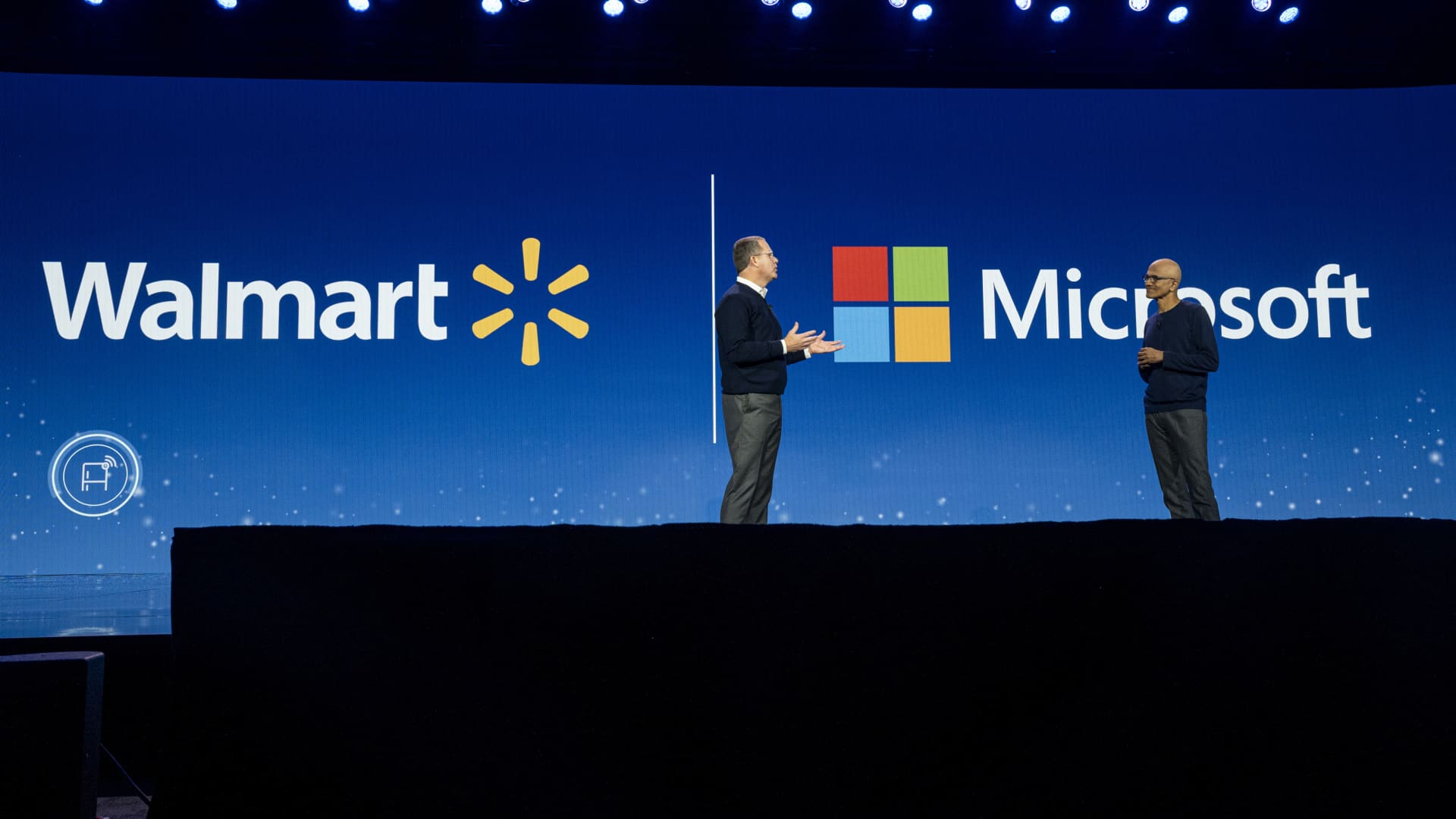Influencer marketing is a form of marketing that focuses on influential individuals rather than the
target market as a whole. It identifies people who have a strong influence over potential buyers
and centers marketing activities around these influencers. They may include celebrities, industry
experts, bloggers, or individuals with large social media followings. The goal of influencer
marketing is to leverage the credibility and reach of these influencers to promote a brand,
product, or service to their audience, ultimately driving engagement, brand awareness, and
potentially sales.
To explain it to a 10-year-old, it could be described as someone with social attention promoting
and showcasing a product or service for profit. Influencer marketing has become popular in
recent times, but it has always existed. Since the advent of the internet, certain individuals titled
“influencers” have been more popular than others, and brands targeted them to promote their
products. Initially, it was seen as a cheap and quick mode of marketing for companies as it
involved only the influencers themselves. Nowadays, influencer marketing is a major sector
where companies allocate their marketing budgets. Consumers today trust and respect
influencers’ opinions on products more than ever before. Influencer marketing spans across
various sectors, from beverages to automobile companies, as everyone prefers to use
influencers due to their effectiveness.
Influencer marketing benefits both the company and the influencer. Influencers are trusted by
the younger generation, who are increasingly becoming the decision-makers in households
regarding which products to purchase. Companies using traditional marketing methods may be
perceived as outdated for not utilizing influencers to support their products. The influencer
marketing industry is rapidly growing and is projected to be worth over $15 billion. Traditional
advertising methods such as flyers, posters, and newspaper advertisements lacked a personal
touch. Consumers often needed help connecting the product to a trustworthy figure. Influencer
marketing fills this gap by providing a more personal and genuine connection between
influencers and their fans, resulting in increased sales and a loyal customer base for
companies.
The evolution of social media platforms has significantly impacted influencer marketing. While
platforms like Instagram and TikTok continue to dominate, emerging platforms such as
Clubhouse and Snapchat offer unique opportunities for influencer-brand collaborations. Social
media algorithms and platform features constantly change, requiring influencers and marketers
to adapt their strategies to effectively reach and engage their target audiences.
Technological advancements have also revolutionized influencer marketing practices. The rise
of micro-influencers has enabled brands to target niche audiences with tailored content,
fostering deeper connections and driving engagement. Artificial intelligence and data analytics
tools have empowered marketers to make more informed decisions regarding influencer
selection and campaign optimization. Virtual influencers and CGI technology offer new avenues
for creativity and brand storytelling, albeit with ethical considerations regarding authenticity and
transparency.
Becoming an influencer is not easy. It requires dedication and hard work to reach a level of
success where one’s decisions can influence others’ purchasing decisions. Influencers must
constantly strive to stand out and demonstrate credibility amidst a highly saturated market.
Measuring the success of an influencer marketing campaign can be challenging due to various
factors, but it remains a valuable strategy for brands to build relationships with influencer fan
bases and cultivate loyal customers. The return on investment with influencers is high, as
brands pay a lump sum for promotions that remain on the internet, driving sales over time.
Legal and ethical considerations in influencer marketing require adherence to regulations and
guidelines to maintain transparency and trust. Compliance with disclosure requirements is
crucial to ensure a clear indication of sponsored content and uphold consumer confidence.
Ethical behavior involves transparency about sponsorship and potential conflicts of interest,
fostering authenticity and credibility in influencer-brand partnerships.
Future trends in influencer marketing point toward an increasingly immersive and interactive
landscape. Virtual reality, augmented reality, and the metaverse are expected to play a
significant role in shaping influencer-brand interactions. Brands and influencers must anticipate
these shifts and adapt their strategies to stay relevant and capitalize on emerging trends,
continuing to forge meaningful connections with audiences in the evolving digital landscape.
Written by – Darsh Galada, Sishya
Influencer Marketing: Navigating Changes in Consumer Behavior and Social Media Platforms

Leave a comment






